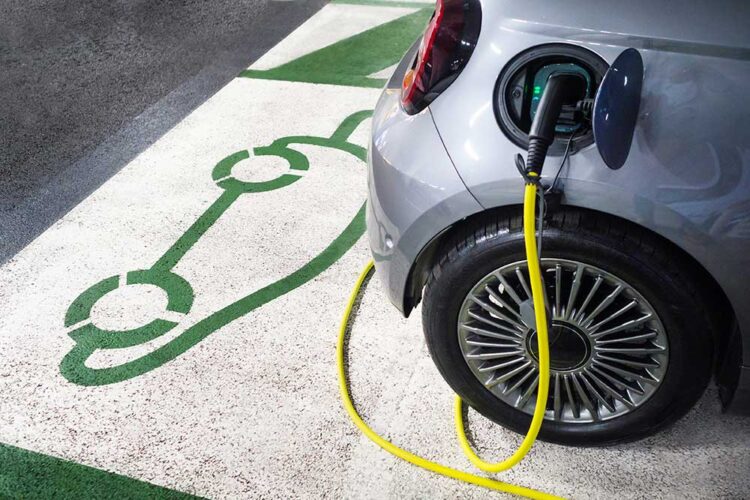UK Government Confirms 2030 Ban on Petrol and Diesel Cars Amidst Electric Vehicle Industry Reassurance Efforts
- Home
- /
- News 2021 oil&gas
- /
- UK Government Confirms 2030...

The UK government has reaffirmed its commitment to the ban on the sale of new petrol and diesel cars starting from 2030. This decision was made to instill confidence among businesses and investors in the electric vehicle industry, particularly after Prime Minister Rishi Sunak appeared to waver on the policy in recent days. Earlier, there were doubts raised about the ban’s implementation when Sunak and another minister, Andrew Mitchell, declined to confirm the deadline. However, Housing Secretary Michael Gove asserted that the timing of the ban was indeed immovable and provided an “absolute guarantee” on this matter. Nevertheless, Gove hinted that the government might review the pace of its roll-out for low-carbon domestic heating systems, like heat pumps, as a replacement for gas boilers. He acknowledged the need to revisit a policy that required all new homes to adopt such systems from 2025, while emphasizing that new housing should meet net zero standards. Sunak has been facing pressure from members of his own Conservative Party to soften his commitments aimed at achieving the UK’s net carbon emissions elimination by 2050. This pressure increased following a recent special election, where the Conservatives secured a narrow victory over Labour after campaigning against local vehicle emission restrictions. Some MPs believe that environmental policies are negatively impacting the Conservative Party’s popularity, especially during a cost-of-living crisis when the party is trailing the main opposition by about 20 points in recent polls. The 2030 ban on petrol cars had faced opposition from some conservative members, but Gove’s remarks seem to have put a stop to their efforts to delay the deadline. This assurance may ease concerns among electric vehicle businesses that the government is trying to attract to the UK. The 2030 ban, along with a generous government subsidy, played a significant role in Tata Group’s decision to invest £4 billion in a new electric car battery plant in the UK. The government has set a mandate for heating systems in new homes to be low carbon by 2025, with the goal of reaching about 600,000 heat pump installations per year by 2028. By 2035, all newly installed heating systems should be low carbon, or at least capable of conversion to use hydrogen in the case of gas boilers. Gove acknowledged the need for caution in imposing such requirements, considering the current cost-of-living challenges. The government aims to take a proportionate approach and not burden individuals with excessive costs at this stage. Another area the government is considering relaxing is the pace at which private landlords need to make energy efficiency improvements to the homes they rent out. The government plans to “ease off” on new environmental requirements for the private rental sector. Despite these considerations, there is uncertainty regarding how the government will manage to ease its position on transitioning away from gas boilers without compromising its legal commitments to end the UK’s contribution to global warming by 2050. Last year, ministers faced a significant setback when the High Court ruled that an earlier version of its Net Zero Strategy was unlawful due to insufficient detail on how it would meet emissions targets. To meet the 2050 target, the government is required by domestic law to set five-year carbon budgets 12 years in advance to outline its plans for reaching net zero emissions. These carbon budgets set the total allowable emissions for successive five-year periods.



